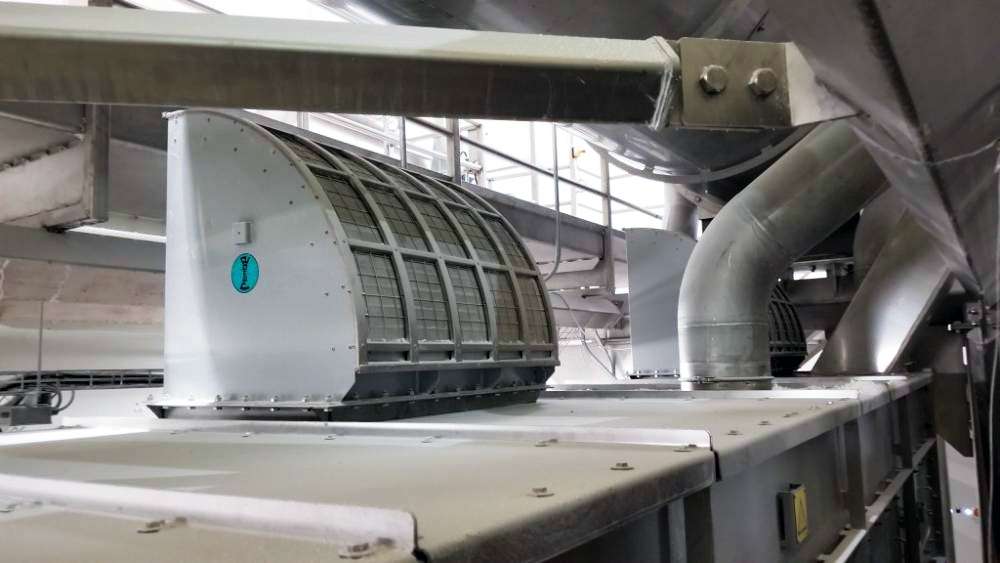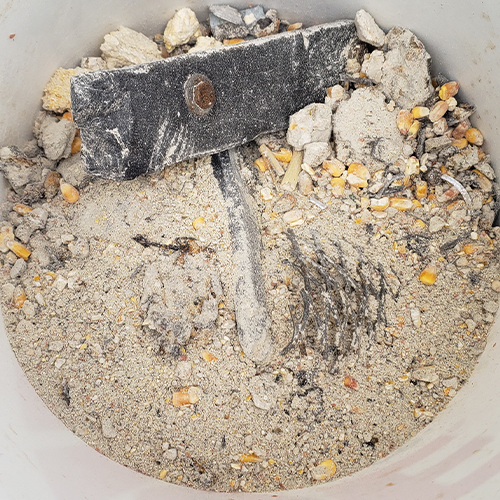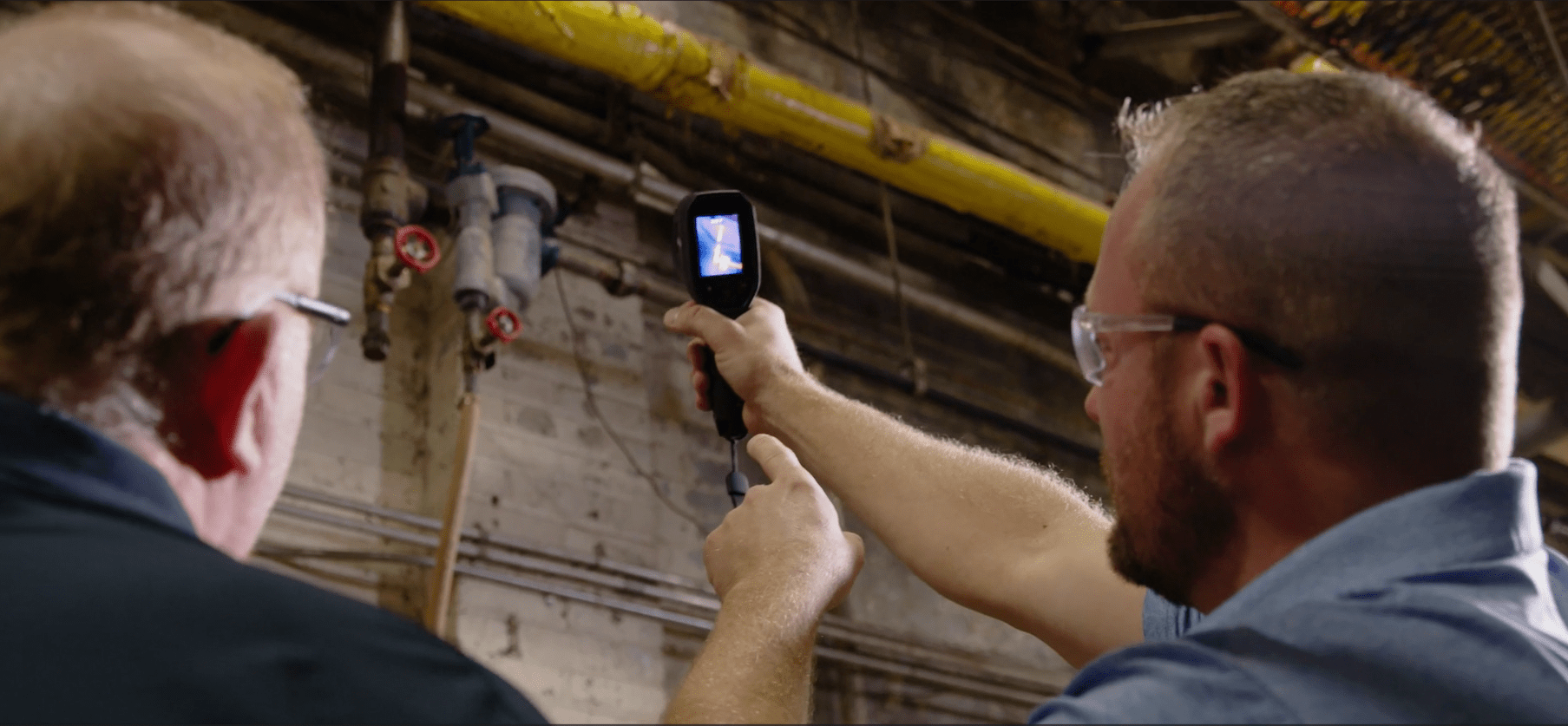Accountability in Case of Dust Explosions
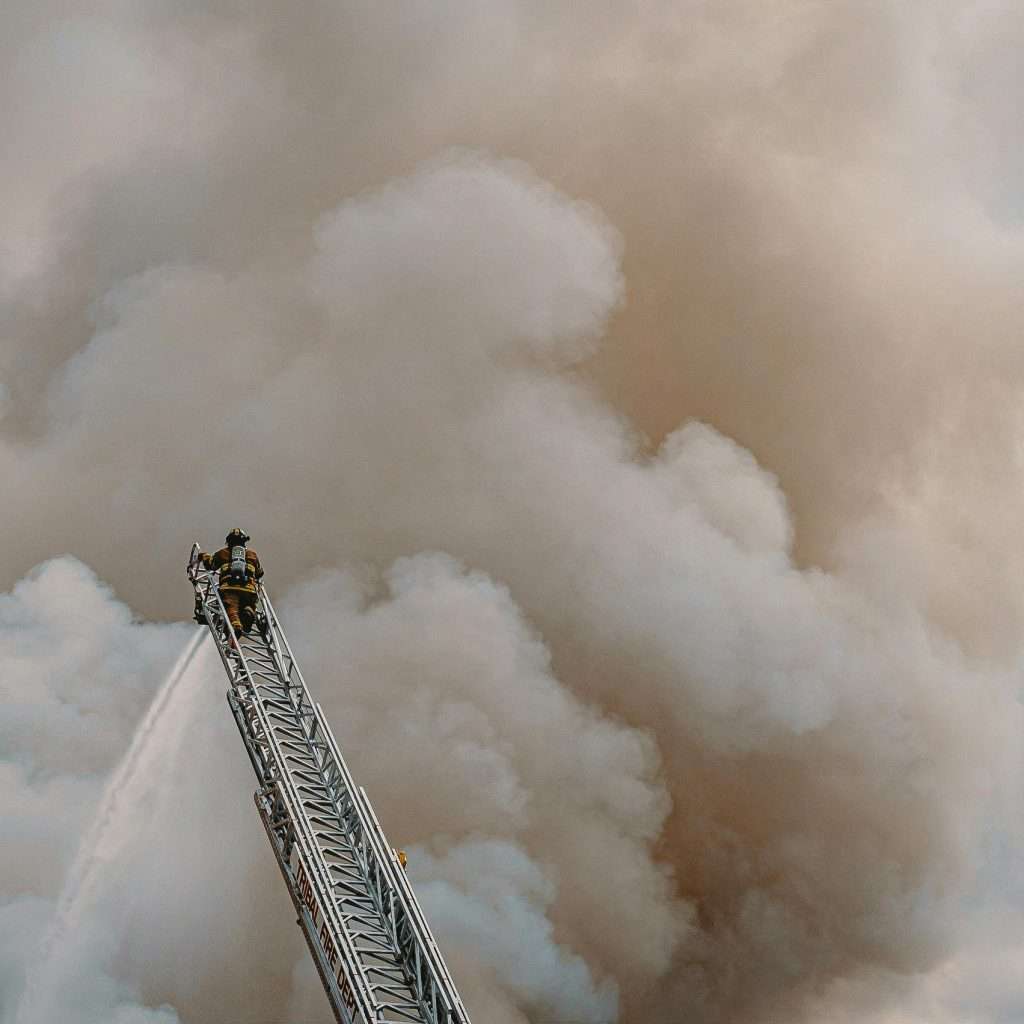
In the context of handling explosive dust, “AHJ” stands for “Authority Having Jurisdiction.” The AHJ is a term commonly used in safety and regulatory contexts to refer to the organization or individual responsible for enforcing safety codes and regulations in a specific area or industry. They can also decide who takes accountability in case of dust explosions in your facility. This can be a fire chief, the fire prevention bureau, or others having authority.
The AHJ typically has the authority to review plans, perform inspections, and enforce safety regulations related to the handling and storage of explosive dust. They may also provide guidance and recommendations for mitigating the risks associated with explosive dust based on local regulations and industry best practices. It’s important for organizations and individuals working with explosive dust to understand and comply with the requirements set forth by the AHJ to maintain a safe work environment and prevent accidents.
Overall, the AHJ plays a crucial role in protecting public safety and mitigating the risks associated with handling explosive dust, and it’s important for those working in industries where explosive dust is present to collaborate closely with the AHJ to adhere to safety regulations and best practices.
In the unfortunate event of a fatal incident related to explosive dust, responsibility and liability can be complex and may involve multiple parties. In general, accountability can be attributed to individuals and organizations based on their responsibilities, actions, and adherence to safety regulations. Here are some key considerations:
Employer Responsibility
Employers have a legal responsibility to provide a safe working environment for their employees. This includes identifying and addressing potential hazards such as explosive dust. Employers are generally accountable for ensuring that safety measures are in place, providing adequate training, and enforcing compliance with safety regulations.
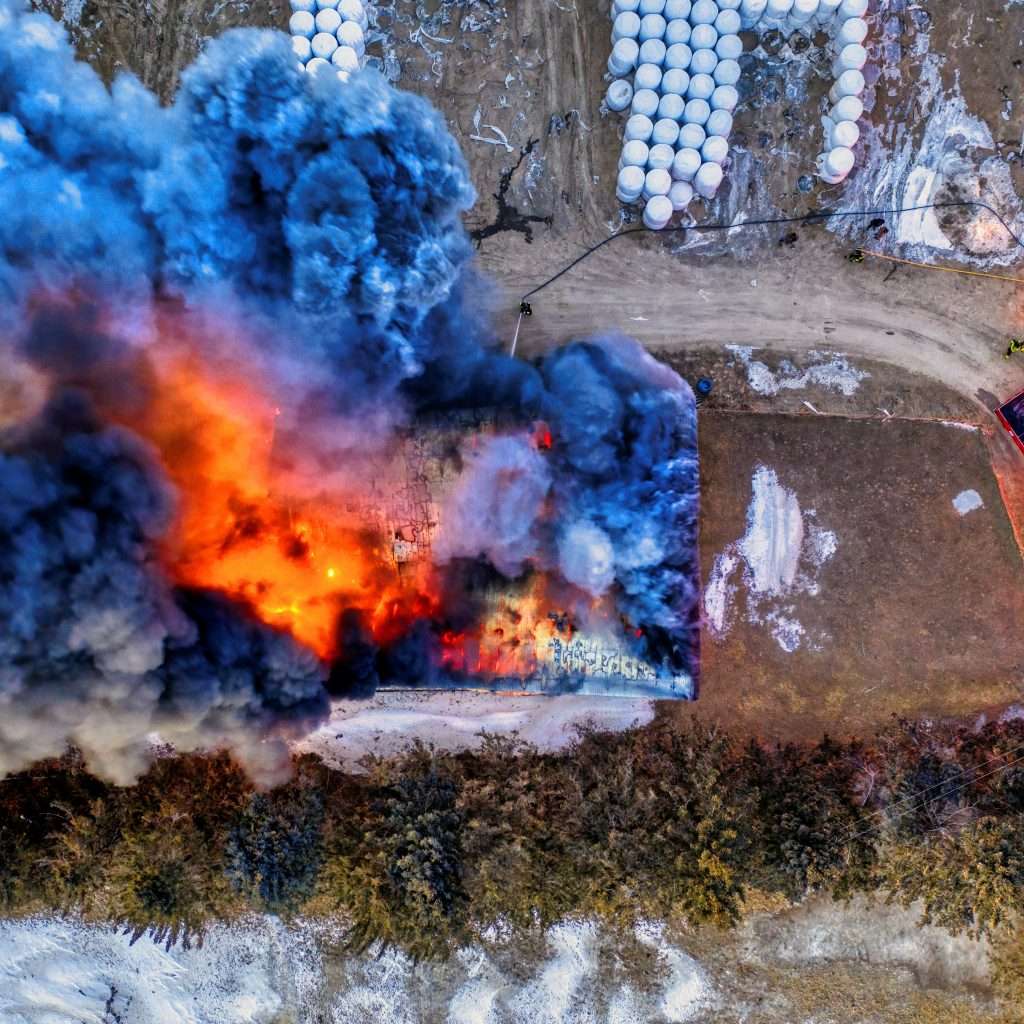

Individual Accountability
Individual employees, including management personnel such as maintenance managers, can also be held accountable for their actions. Especially if they knowingly ignore safety violations or fail to take appropriate actions to address hazards. If a maintenance manager is aware of safety violations related to explosive dust and fails to take corrective measures or report the issues, they may face legal repercussions.
Regulatory Compliance
Compliance with safety regulations and codes is a critical factor. If an organization or individual knowingly violates safety regulations related to explosive dust and a fatal incident occurs as a result, they may face legal consequences.
Contractors and Suppliers
In some cases, responsibility may also extend to contractors, suppliers, or other external parties involved in the handling or management of explosive dust. Especially if their products or services contribute to the hazardous conditions that lead to a fatal incident.
Criminal and Civil Liability
Depending on the circumstances, individuals and organizations may face both criminal and civil liability in the event of a fatal incident. This can be fines, penalties, and even criminal charges if gross negligence or willful misconduct is established.
It’s important to note that legal outcomes in such cases often depend on the specific details of the incident. This includes the level of awareness of hazards, the implementation of safety procedures, and the overall commitment to maintaining a safe work environment. Investigations by regulatory authorities and legal proceedings may be initiated to determine accountability and liability.
Ultimately, the responsibility for an explosive dust event resulting in a fatality may fall on multiple parties. This includes employers, individuals in leadership roles, and external entities involved in the supply chain. Ignoring safety violations knowingly can significantly increase the risk of being held accountable for such incidents. It is essential for all stakeholders to prioritize safety and compliance with relevant regulations to prevent such tragedies.
Our advice? Avoid a dust explosion altogether! Apex offers Rembe Explosion Protection products to keep your facility, your employees, and your stakeholders safe. Rembe offers a variety of Explosion and Process Safety equipment including:
- Rupture Discs
- Explosion Vents
- Explosion Doors
- Flameless Venting
- And more! You can explore their product offering here.
Not sure what you need to keep your plant safe and compliant? Give our team at Apex a call and we can give you a consult!
Phone: 763-777-9525
Email: Sales@ApexSolutionsMN.com
Or fill out the form below and we will reach out to you.


